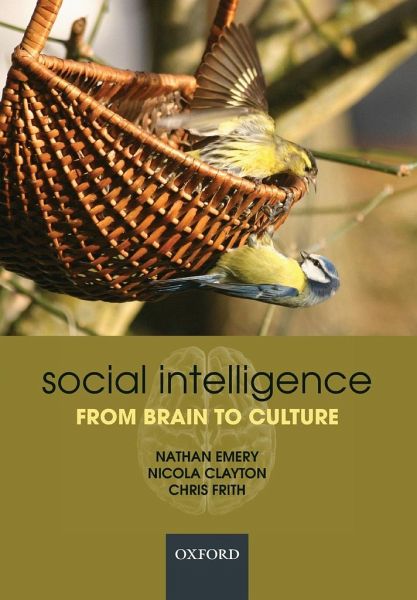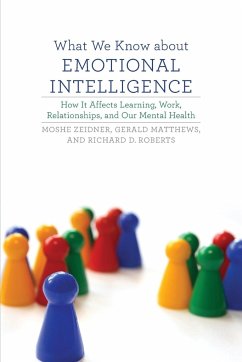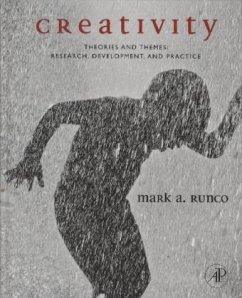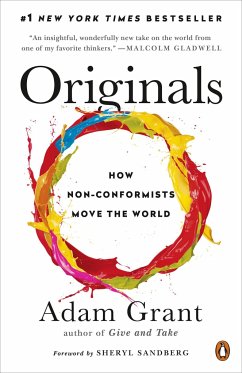
Social Intelligence from Brain to Culture
Versandkostenfrei!
Versandfertig in 1-2 Wochen
103,99 €
inkl. MwSt.

PAYBACK Punkte
52 °P sammeln!
Why are humans so clever? This book explores the idea that this cleverness has evolved through the increasing complexity of social groups. It brings together contributions from leaders in the field, examining social intelligence in different animal species and exploring its development, evolution and the brain systems upon which it depends.












